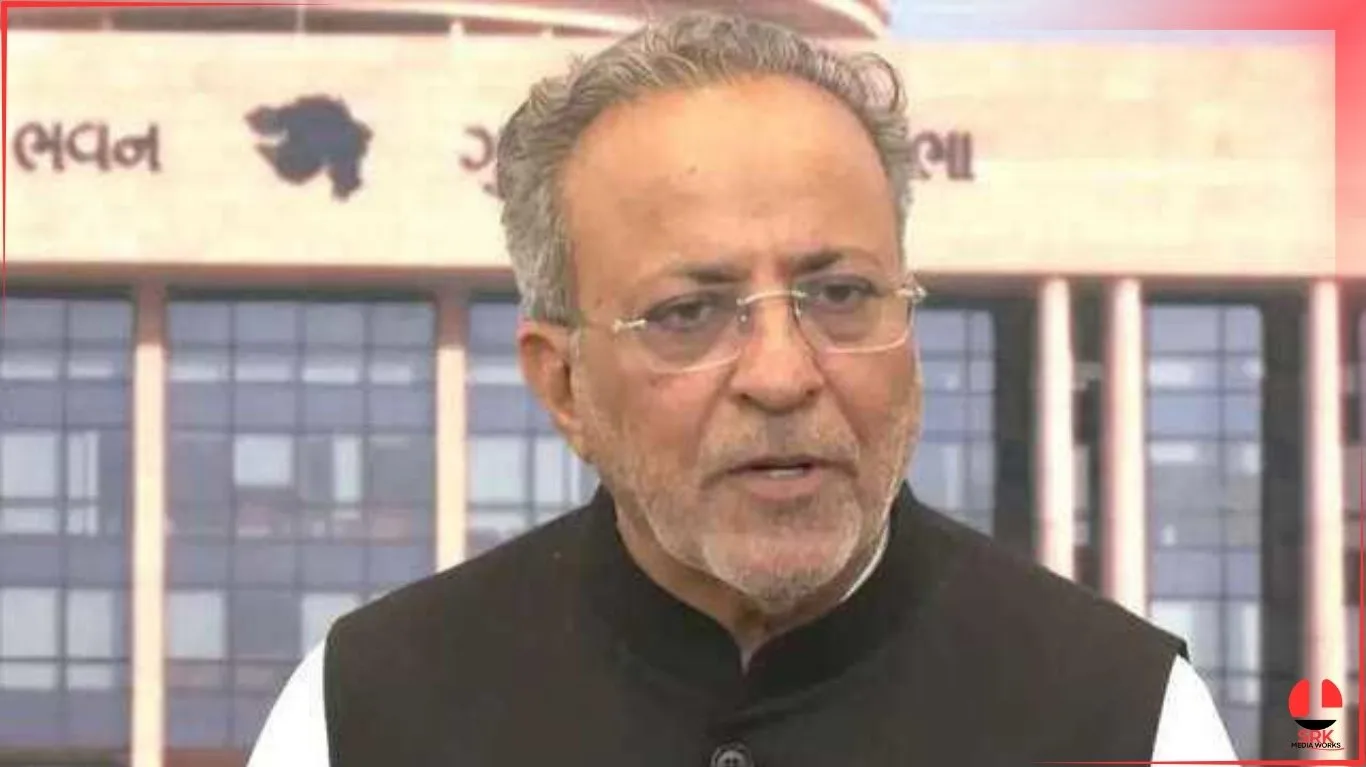The Income Tax Department has established clear rules regarding cash deposits and withdrawals in savings accounts to ensure transparency and prevent tax evasion. Exceeding these prescribed limits may trigger scrutiny or even an income tax notice. Here’s everything you need to know to stay compliant with the rules.
Annual and Daily Cash Deposit Limits
According to the Income Tax Act, cash transactions in savings accounts are subject to certain thresholds:
- Annual Cash Deposit Limit: Up to ₹10 lakh in a financial year. Deposits exceeding this limit are categorized as high-value transactions and must be reported to the Income Tax Department.
- Daily Cash Deposit Limit Without PAN Card: Up to ₹50,000 in a single day. For amounts beyond this, providing a PAN card or Form 60/61 is mandatory.
- Cash Withdrawal Limit: Under Section 269ST of the Income Tax Act, you cannot withdraw more than ₹2 lakh in cash in a single day.
Consequences of Exceeding the Limits
If you deposit or withdraw cash exceeding ₹10 lakh annually, the bank is legally obligated to notify the Income Tax Department. Similarly, high-value cash withdrawals exceeding ₹2 lakh in a single day are also reported under this policy. Failure to justify the source of funds may lead to:
- Receipt of an Income Tax Notice.
- Heavy penalties, including a fine of up to 100% on the unexplained income.
- Full-scale tax audits or, in severe cases, legal action under the Income Tax Act, 1961.
How to Respond to an Income Tax Notice
If you receive a notice regarding high-value transactions, follow these steps:
- Verify the Notice: Cross-check the authenticity of the notice on the Income Tax e-filing portal.
- Provide Documentation: Gather bank statements, deposit slips, and proof of income to explain the source of funds.
- Timely Response: Respond within the given timeframe to avoid further action.
- Seek Professional Help: Consult a chartered accountant (CA) or tax advisor for expert guidance.
Key Guidelines to Avoid Scrutiny
- Maintain transaction records for transparency.
- Avoid exceeding the ₹10 lakh annual limit on cash deposits.
- Provide your PAN card for transactions over ₹50,000 in a single day.
- Opt for digital transactions wherever possible to minimize cash-based scrutiny.
By staying informed about these rules, you can ensure smooth banking operations and avoid unnecessary tax complications. Always adhere to the prescribed limits, maintain proper documentation, and handle any Income Tax notices proactively to remain compliant.
Stay updated with us for the latest news and regulations related to tax compliance and banking.











